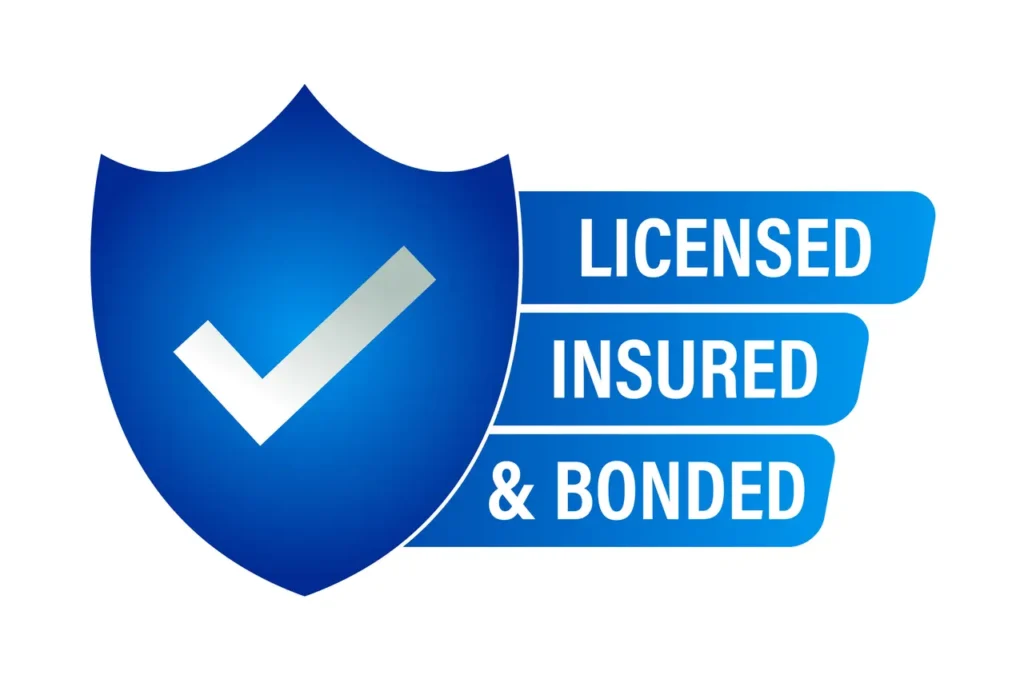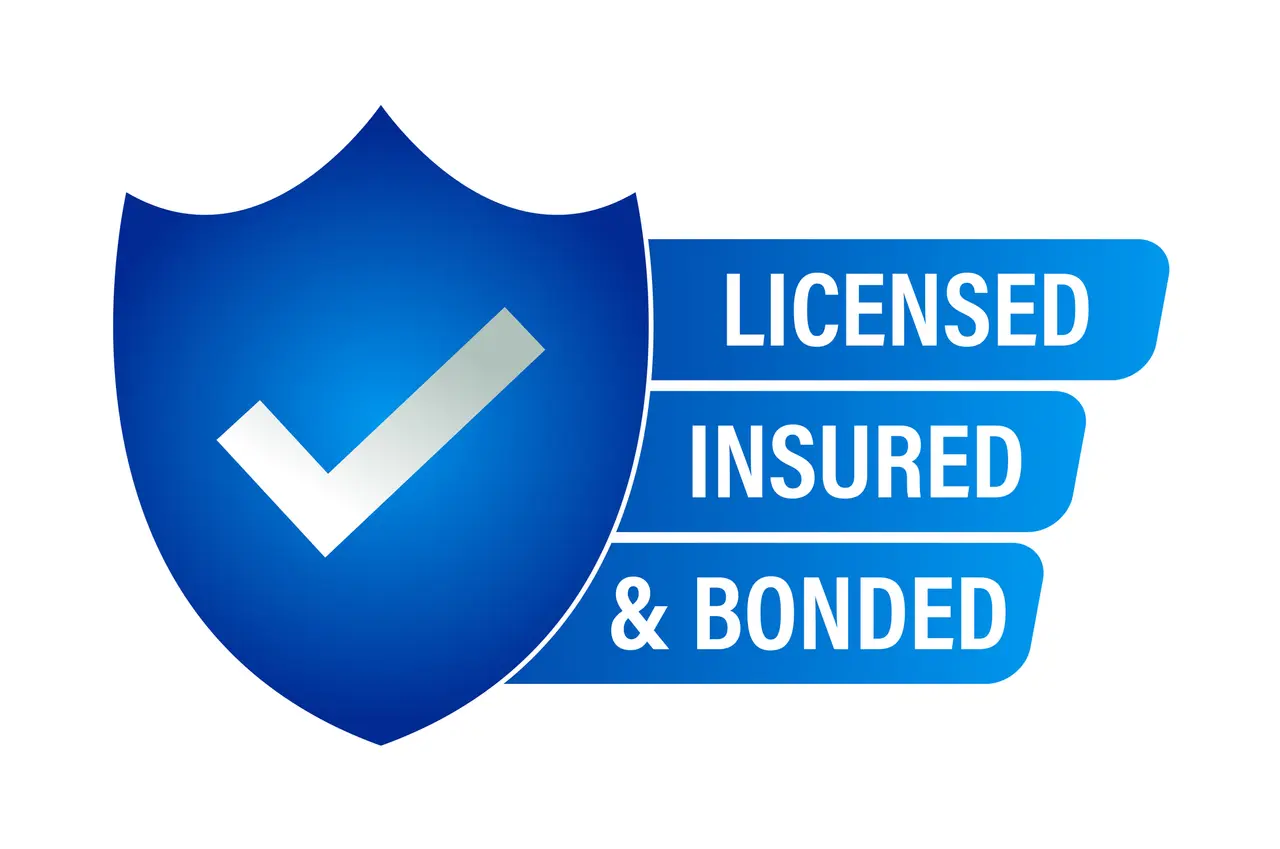Introduction to Insurance Bonds: What Are They?
Insurance bonds might sound complex, but they’re essentially a safety net for your business. Think of them like a promise from an insurance company. This promise means if certain contracts or obligations aren’t met, the insurance company will cover the loss. It’s different from regular insurance, where you pay to protect against possible future accidents or disasters. With insurance bonds, the focus is on ensuring specific tasks or jobs are completed as agreed. So, if your business is hired to complete a project and you don’t finish it, the bond can compensate the hiring party. This protection makes bonds a smart move for any business looking to build trust and reliability with their clients.
Different Types of Insurance Bonds for Businesses
Businesses face risks every day. To protect against these risks, companies use insurance bonds. There are a few key types you should know about. Surety bonds act as a promise by a third party to take on payment or performance obligations if the business fails to meet its commitments. It’s like a safety net, ensuring projects or business deals are completed. Fidelity bonds protect against losses caused by dishonest or fraudulent acts by employees. Think of it as a shield guarding your business’s valuables from internal threats. Lastly, performance bonds guarantee that a business will complete a project as agreed upon. If they don’t, the bond will cover the cost to finish the job. Each bond serves a unique purpose in safeguarding the various aspects of your business’s operations. Now, knowing which one fits your needs can save you a lot of headaches. So, assess your risks and choose wisely.
How Insurance Bonds Work to Protect Your Business
Insurance bonds serve as a sturdy shield for your business, safeguarding its stability and future. Think of them as a contract between your company, the insurance company, and in some cases, a third party asking for the bond. They’re not like regular insurance; instead, they’re a promise by the insurer to cover your business if certain obligations are not met.
Here’s the deal: if your business fails to fulfill a contract or agreement, the bond kicks in. The insurance company will pay up to the bond’s value to fix the situation. But remember, it’s not a free pass. Your business has to pay back the insurance company.
In essence, these bonds are a safety net, offering peace of mind to your clients and partners. They know that even if something goes wrong, the bond will ensure financial stability. For your business, it’s like a badge of trustworthiness and reliability. You’re showing the world that you stand by your commitments, backed by a solid promise.
So, insurance bonds work not just as protection but as a powerful tool to boost your business’s reputation and ensure its long-term success. Think smart, invest in a bond, and solidify your business’s future.
The Benefits of Investing in Insurance Bonds
Investing in insurance bonds offers a smart way for business owners to safeguard the future of their enterprises. Think of these bonds as a shield, protecting your business from unforeseen financial storms. Here’s the lowdown: insurance bonds, essentially, are pots of money managed by insurance companies. They’re a bit like a vault, keeping your investment safe while potentially growing it over time.
First off, insurance bonds are tax-efficient. That’s a big deal. It means you’re not paying taxes on the bond’s growth each year, which is a neat way to keep more money in your pocket. Secondly, they’re flexible. Need to access your cash? You can, though it’s wise to think of them as a long-term play.
Another point in their favor is the simplicity of managing them. No need to stress over choosing stocks or real estate investments. The pros handle that, making your life easier. Lastly, and perhaps most importantly, they offer a safety net for your business. In tough times, that financial cushion can mean the difference between weathering the storm and sinking.
In essence, investing in insurance bonds is like having a growth-oriented savings account for your business, but smarter. It’s a strategic move to keep your business stable and poised for the future.
Insurance Bonds vs. Traditional Insurance: Understanding the Differences
Insurance Bonds and Traditional Insurance may sound similar, but they cater to different needs. Traditional insurance is what most people are familiar with. Think about things like car insurance or health insurance. With these, you pay a premium, and if something bad happens – like a car crash or a medical emergency – the insurance company helps cover the costs. It’s a safety net for unpredictable, costly mishaps.
Insurance Bonds, on the other hand, are a bit different. They’re not so much about covering costs from unexpected damages as they are about ensuring a job gets done right. Used often in construction or by businesses hiring contractors, these bonds protect against losses if the contractor fails to fulfill their obligations. For instance, if a contractor doesn’t complete a building project on time or within budget, an insurance bond can protect the project owner from financial loss.
In short, while traditional insurance helps by covering costs after something goes wrong, insurance bonds are more about preventing financial loss by ensuring accountability and performance. Each has its place in protecting the future of your business, but understanding their unique roles and differences is crucial.
Key Considerations When Choosing Insurance Bonds
When picking insurance bonds for your business, think simple. First, understand what insurance bonds are: they’re a safety net, making sure your business stays upright even when things go sideways. You’re not just buying a piece of paper; you’re securing trust and reliability.
1. Know the Types: There are many bonds out there – performance bonds, payment bonds, and bid bonds, to name a few. Each has its role, like making sure a project is completed or bills are paid. Pick the one fitting your business’s exact needs.
2. Evaluate the Cost: Costs vary. They depend on the bond type and your business’s financial health. A strong financial statement could mean lower costs. It’s not about finding the cheapest but the most value for your business.
3. Consider the Provider’s Reputation: Not all bond companies are equal. Look for ones with solid reputations, good reviews, and reliability. This choice could make or break the bond’s value.
4. Understand the Fine Print: Bonds come with conditions. Know them. What triggers the bond? What’s covered and what’s not? Ignorance here can lead to unwelcome surprises.
5. Duration and Renewal: Some bonds are short-term, others last longer. Know how long yours lasts and what you need to do to renew it. This ensures continuous protection without gaps.
In picking insurance bonds, use these pointers as your compass. They’re your guide to making an informed decision, ensuring your business’s shield is both strong and smart.
The Application Process for Insurance Bonds
Applying for insurance bonds might seem daunting, but it’s more straightforward than you think. First off, know this: insurance bonds are there to safeguard your business. They’re a promise that your business will stick to its agreements and obligations. Now, how do you get one? Here goes. Start by contacting an insurance agency that deals with bonds. They’ll ask about your business – what it does, how long it’s been running, financial stability, that kind of stuff. You’ll fill out an application that’s a bit detailed, sure, but it’s nothing you can’t handle. They’re checking if you’re good for the bond, after all. The cost? Depends on what your business is about, its financial history, and the bond amount you need. Generally speaking, the stronger your financials, the lower the premium you’ll pay. Once approved, you pay the premium, and bam, your business is bonded. It’s like a seal of trust, showing you’re a safe bet to work with. So, gear up, apply, and protect your future. It’s business-wise, and it’s smart.
Real-Life Examples: Businesses That Benefitted from Insurance Bonds
Many businesses have thrived thanks to the safety net provided by insurance bonds. Let’s talk real-life cases. First up, we have a construction company that landed a big contract thanks to bid bonds. Without it, they couldn’t have even competed. Then there’s a cleaning service company. They messed up big time, damaging expensive art at a client’s place. Thanks to fidelity bonds, they could cover the damages without going bankrupt. Lastly, consider a tech startup. They hired a CFO who ended up embezzling funds. But, they had a fidelity bond, helping them recover the lost money without derailing their operations. These stories show how different types of insurance bonds can be game-changers for businesses, big or small, saving them from potential financial doom.
How to Integrate Insurance Bonds into Your Business’s Financial Strategy
Incorporating insurance bonds into your business’s financial strategy isn’t just about paying premiums; it’s about creating a safety net that can catch you and your business in times of trouble. First off, understand what insurance bonds are. They act as a promise, made by an insurance company, to cover your business losses under certain conditions. Now, how do you weave this into your business plan? Start by evaluating your business risks. Every business is different. What are your biggest threats? Is it theft, legal liability, or maybe contract disputes? Knowing your risks will guide you on the type of bond you need.
Next, shop around. Don’t just settle for the first offer you get. Compare different bonds from various companies. Look at their premiums, coverage limits, and conditions. Remember, cheaper isn’t always better. You’re looking for reliability and a strong shield for your business, not just low prices.
Then, consult with a financial advisor or someone savvy with insurance bonds. Their insights can help tailor a bond that fits snugly with your business operations and financial goals. It’s like fitting a piece of the puzzle perfectly into its place.
Finally, keep your bonds updated. As your business grows and evolves, so will your risk profile. Update your bonds to reflect these changes. This ensures your safety net is always right where you need it.
Integrating insurance bonds into your business financial strategy is a proactive step towards safeguarding your business’s future. It’s not just a cost; it’s an investment in your business’s resilience and sustainability.
Conclusion: Securing Your Business’s Future with Insurance Bonds
In wrapping up, it’s crystal clear that insurance bonds are not just a fancy term but a sturdy shield for your business’s future. They offer a security blanket that not only builds trust among clients but also places your business on solid ground in case of unforeseen events. The cost upfront might make you think twice, but remember, it’s an investment towards a stable and secure future for your business. Investing in insurance bonds means you’re putting faith in your business’s potential to grow and thrive. So, take the step, secure your business’s future and rest easy knowing you’re covered. It’s not just about protection; it’s about smart business strategy.


